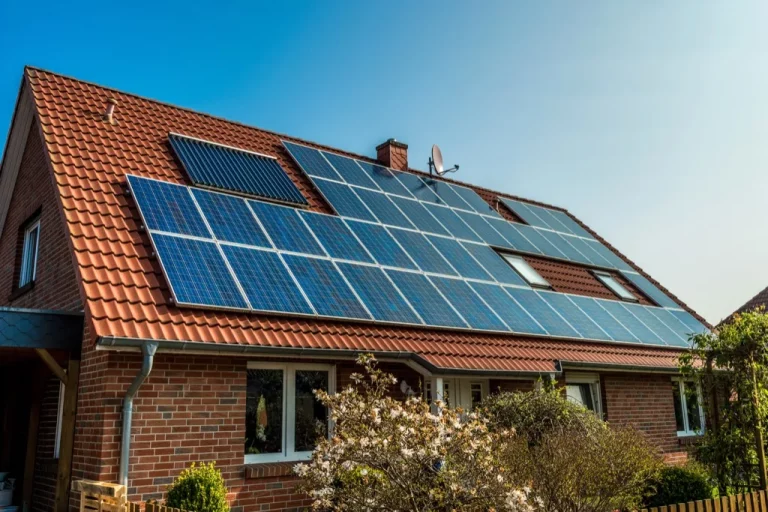Environmental awareness is not just about avoiding plastic bags; it is also about making everyday decisions that will, quite literally, determine our species’ success or failure.
Increasing our awareness of pollution reduction, wildlife protection, and natural resource conservation, as well as engaging in other activities that can help reduce the rate of climate change.
Everyone could make a difference, especially if they develop the habit of making environmentally conscious decisions and begin to influence others to do the same. It can help you tap into your creative side, get you more involved in your community & the world, and even help you lead a healthier lifestyle.
Reusing or repurposing consumer goods instead of throwing them away is the best way to reduce waste and make your home more eco-friendly.
Think Green When Cleaning
Some people have no idea of the environmental effects of cleaning chemicals, which they had relied on for years without questioning the effectiveness. If people flush them down the toilet, then wind up in the water supply, this means that it will take a lot more energy and work to filter the water as a result.
You only have to make a few minor changes. Instead of bleaches and detergents, use lemon juice, bicarbonate of soda or vinegar to destroy bacteria and remove grease and odors from your home. Another green option to keep your home clean is to use steam cleaners to disinfect & kill germs. There are no cleaning products required.
Recycle
Recycling saves energy, reduces pollution, and conserves natural resources.
“Secondary materials,” such as glass, paper, metal, and plastic, are produced by sorting & cleaning up trash. According to the Aluminum Association (AA), manufacturing with recycled aluminum is 92 percent more efficient than manufacturing with raw aluminum, making it a valuable resource.
There is a 40 percent recycling rate for aluminum, but people throw away one billion worth of aluminum cans every year that could have been recycled.
Turn Down The Bag
Plastic bags are bad for the environment. They take centuries to decompose and are dangerous to wildlife. Many marine animals die each year because they think plastic bags, that are laced with chemicals, are food. Many animals get stuck in plastic bags & die from it.
When your purchase can be carried otherwise, don’t ask for a retail bag. You can also bring your own bag to the store to carry posters and other stuff. There are a lot of different types of shopping bags in your closet that you can use and reuse even if they aren’t meant to be “reusable.”
If they get dirty, you can utilize them to line garbage cans or pick up garbage. If you follow this advice, you can make your home more environmentally friendly.
Buy Second Hand
If you need something for your home just for a short period of time, such as nursery furniture, look for used items. In many cases, secondhand goods are just as attractive and functional as new ones, and the carbon footprint of a household item is reduced by half. It’s even better to have the third or fourth chance at life.
Don’t Invest In Idle Equipment
Items that you won’t use frequently are a waste of money and the resources needed to produce them are wasted as well. A rental company or home improvement store can often provide you with the tools and equipment you need on a temporary basis when it is not readily available from friends.
Ask if your friends and family would like to borrow any of the tools you already have in your garage. Start sharing culture in your community with block parties & everyday interactions.
Donate Unwanted Goods
One of the best ways to dispose of unwanted consumer goods other than throwing them away is through charitable donations. Make donations to GoodWill, the Salvation Army, or the local church; or low-income families; and building supplies.
Environmentally, giving these things a second life is good for the environment. You may also be able to get a tax break for giving them a second chance.
Upcycle
Consider repurposing items that are still useful. Waste materials can be turned into anything from elaborate art installations (such as a chandelier made of bicycle parts) to simple DIY projects that can be found all over the internet.
Most of the materials used in these redesigned items are still thrown away, but they save energy and reduce greenhouse gas emissions by replacing them with repurposed ones instead of new. Simply following the above suggestions you may make your home more environmentally friendly, which will benefit the environment.

